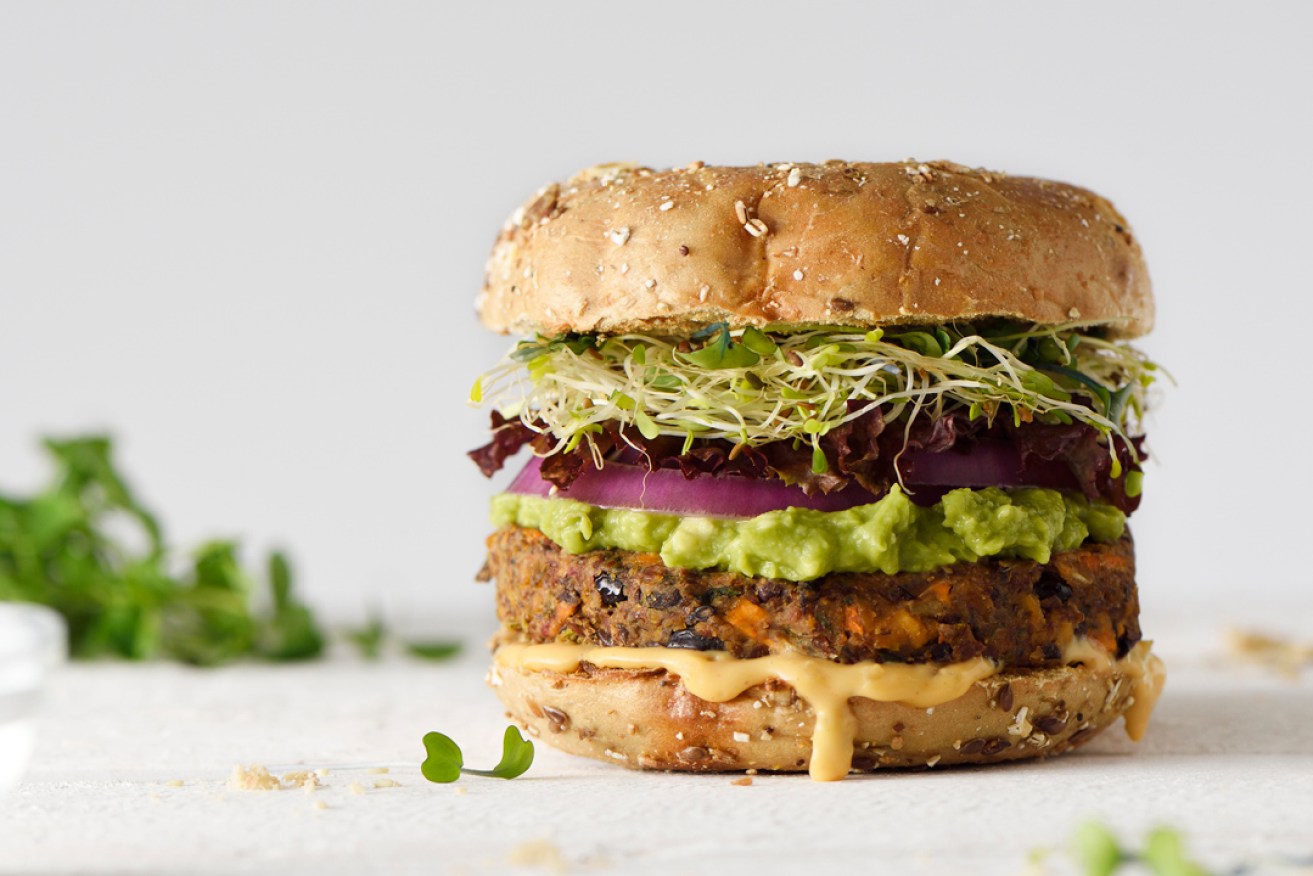Booming plant protein industry provides food for thought
The alternative protein industry is presenting South Australian primary producers and food manufacturers with enormous growth opportunities as consumers look to plant-based options over traditional meat and dairy items.

“South Australia is well positioned to take advantage of the opportunities this growing sector provides, with world-class food processing and manufacturing facilities and outstanding produce that forms the base of many of these foods”, says BDO Associate Director AgTech, Michael Macolino.
As the sector grows, companies will be looking to secure high-quality base ingredients in large quantities – the key will be for our industries to form partnerships early and have the support in place to grow and meet demand.
Alternative protein foods include plant-based or cultured meat and dairy replacements and are increasingly in demand with consumers.
In a conversation hosted by technology festival SouthStart, Michael Fox, co-founder of alternative protein producer Fable Food, and Macolino discussed the remarkable growth the sector is experiencing.
Fox says that as consumer demand increases and production technology advances rapidly, alternative proteins which provide quality taste and texture at the right price point are going to see exponential growth in the industry over the next 10 to 15 years.
He says the industry is comparable to renewable energy in this way – there is widespread acceptance of the principals behind reducing our reliance on large-scale, industrial agriculture, the products just need to be accessible at the right price point.
Investors are already sitting up and taking notice: AgFunder.com reports that for the first half of 2020 alone, $1.1billion has been invested in alternative food companies globally – more than the total for 2019.
While $660 million of those funds went to two of the largest players in this space – Impossible Foods and Memphis Meats – the total amount is staggering for a relatively new industry.
Just over a week ago, Singapore became the first country to approve the sale of cultured chicken meat to consumers and more are likely to follow.
Here in Australia, the alternative meat sections in our supermarkets are growing and a 2019 report from Food Frontier predicts the industry could generate almost $3 billion in domestic sales by 2030.
South Australia’s food and wine revenue for 2018-19 totalled $20.4 billion – 57 per cent of state merchandise exports – making it our largest export sector, employing approximately one in five South Australians.
The existing success of the SA food production sector, from primary production through to processing and distribution, perfectly positions the industry to step into the alternative protein supply chain.
Fox says he and his business partners at Fable Foods recognise that food manufacturing is a technical, specialised field with established expertise – which is why they have formed partnerships with existing production facilities, rather than establishing their own.
Macolino says this makes sense for the alternative protein industry as a whole, and is an approach our state could benefit from.
“South Australia has some outstanding, state of the art food manufacturing facilities that could play a pivotal role in the expansion of the alternative protein industry,” he says.
“We also have the advantage of being centrally located for national distribution and have an existing culture of innovation.”
In its 2019 ‘State of the Industry’ report, Food SA noted that “the development of and positioning of products supporting a healthy lifestyle or for specific dietary needs is a strong focus.”
“The South Australian food and beverage industry appears to be responding to cues from consumers focused on healthier alternatives … as an element of their growth strategy,” it says.
As far as raw product is concerned, about 4 million hectares of crops are planted in SA annually, including lentils, peas, beans, lupins and chickpeas – many of which provide the substance for vegetable protein-based foods.
Mushrooms, often referred to as ‘meat for vegetarians’, form the basis of Fable’s products. Less widely grown in SA than other crops, our world-class producers still generated $75 million in revenue for the state in FY 2018-19 and anticipated increase in international demand presents opportunities for growth.
As we look to progress South Australia’s economic recovery and further cement our position as a centre for innovation, the growth opportunities presented by the alternative protein industry are exciting for our Agriculture and food sectors.
BDO is a proud partner of _southstart: Australia’s human-first technology festival, returning in 2021. Watch the interview with Michael Fox here.





